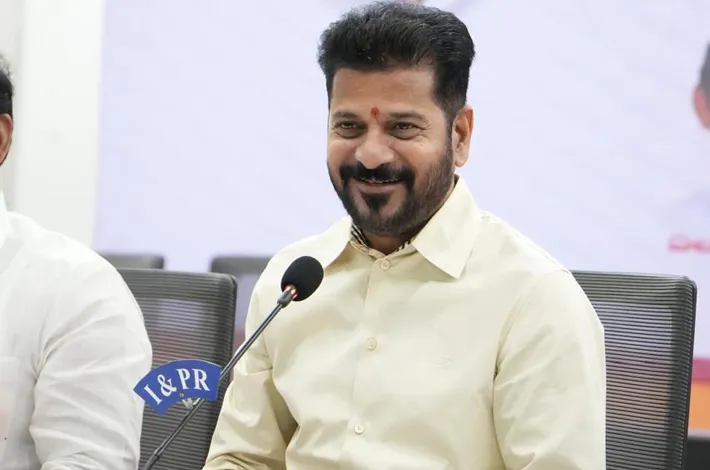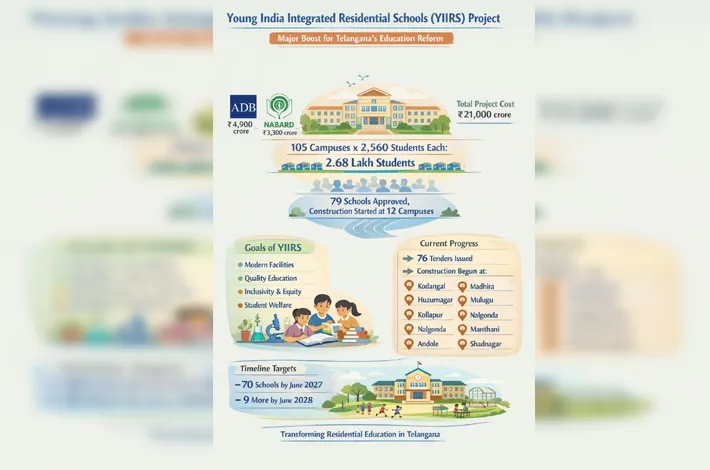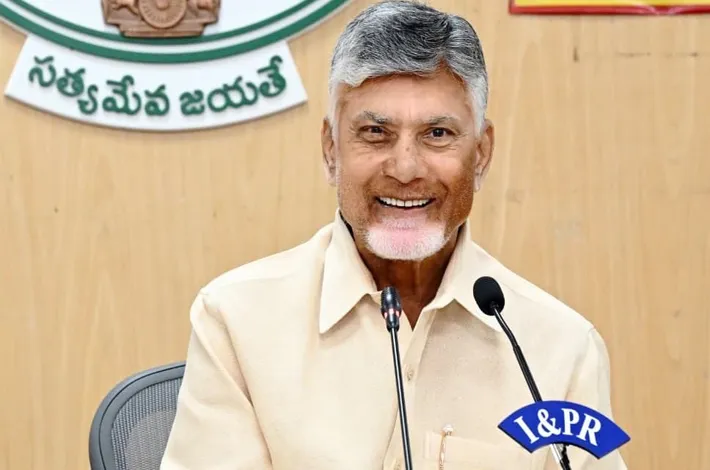When institutions stamped down on communalism
22-11-2025 12:00:00 AM

In a chapter of Indian political history that now feels almost surreal, Bal Thackeray, the fiery founder of the Shiv Sena, was stripped of his right to vote and contest elections for six years because he openly appealed for votes in the name of religion.
The disqualification, imposed in July 1999 by President K.R. Narayanan on the recommendation of the Election Commission of India, remains the only instance in independent India where a major political figure faced such a penalty explicitly for violating Section 123(3) of the Representation of the People Act, 1951 – the provision that prohibits candidates from seeking votes on the grounds of religion, caste, community, or language.
The case originated in the heat of the 1987 Maharashtra Assembly elections. At a public rally in Mumbai’s Shivaji Park – the traditional launchpad of Shiv Sena campaigns – Thackeray thundered to thousands of supporters: “We are fighting this election for the protection of Hinduism.” He did not stop there. In the same speech he declared, “We do not care for the votes of the Muslims.
This country belongs to Hindus and will remain so.” On 11 December 1995, the Election Commission recommended that Bal Thackeray be disqualified from voting and contesting elections for six years – the maximum punishment permissible under the law at the time. The disqualification retrospective from that day was made in July 1999 and remained in force until 10 December 2001.
Fast-forward to the past decade, and the contrast is jarring. Senior BJP leaders and star campaigners have repeatedly crossed the very line that once cost Thackeray his franchise, yet none have faced anything remotely comparable to disqualification. In 2014, the Supreme Court itself noted in Abhiram Singh v. C.D. Commachen that appeals to religion by candidates, their agents, or any person with their consent corrupt the electoral process. Yet enforcement remains patchy. The Election Commission issues notices, records are made, and cases drag on for years – often long after the election is over and the damage, if any, is done.
In 2019, while campaigning in West Bengal, Prime Minister Narendra Modi accused the Trinamool Congress of appeasing Muslims and declared that his government had ended “vote-bank politics based on religion.” On the same campaign trail, BJP president Amit Shah referred to Bangladeshi immigrants as “termites” and promised to throw them out while protecting every Hindu, Sikh, Jain, Buddhist, and Christian refugee. Complaints were filed; no disqualifications followed.
The 2024 general election saw an even sharper escalation. In Rajasthan, the Prime Minister claimed the Congress manifesto promised to redistribute wealth to “infiltrators” and “those who have more children”—phrases widely understood as coded references to Muslims. In Uttar Pradesh, he warned of “vote jihad.”. BJP candidates and campaigners across states spoke openly of “defeating jihad-loving parties,” protecting Hindu daughters from “love jihad,” and preventing India from becoming an “Islamic nation.”
Not one of these statements has resulted in even the cancellation of a single election, let alone the disqualification of the speaker from voting or contesting. Legal experts point out that many of these speeches would almost certainly violate Section 123(3) and 123(3A) of the Representation of the People Act, 1951—the same provisions used against Bal Thackeray. Section 123(3) prohibits appeals to vote or refrain from voting on grounds of religion, caste, community, or language.
Senior advocates who argued the Thackeray-era cases say the difference is not in the law but in institutional will. “In 1995,” recalls one, “the Supreme Court had no hesitation saying that systematic appeal to Hindutva in the context of those speeches amounted to seeking votes in the name of religion. Today the same court has to examine statements ten times more explicit, but the political executive’s influence over institutions makes enforcement unthinkable.”
The result is a slow but unmistakable rewriting of India’s electoral secularism. What was once disqualifying corruption is now just another campaign tactic. The Election Commission, which in 1999 could recommend stripping Bal Thackeray of his voting rights and have a President sign the order, today struggles to enforce even 48-hour campaign bans on star campaigners.
That no one in power seems worried about the answer may be the most telling indictment of how far India’s institutions have travelled from the era when they still believed that seeking votes in the name of religion was a disqualifying offence against democracy itself.








